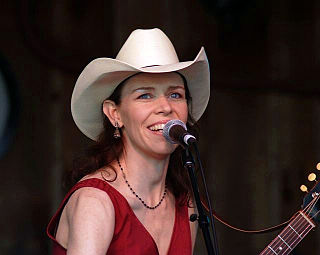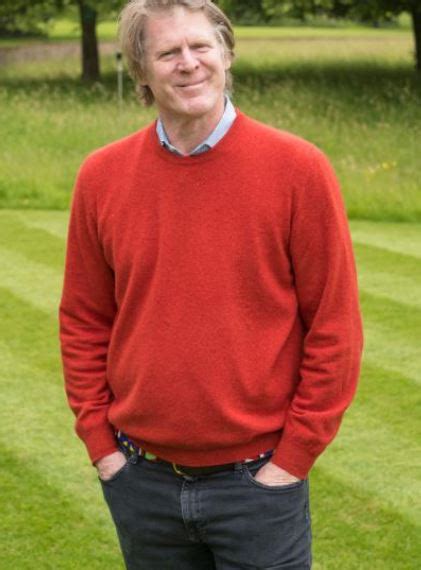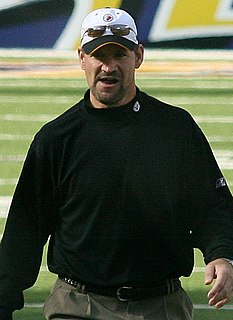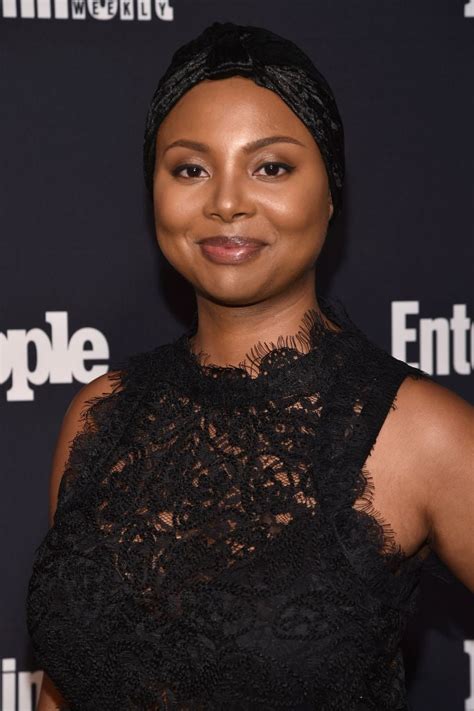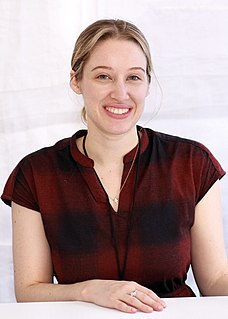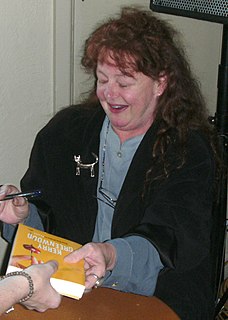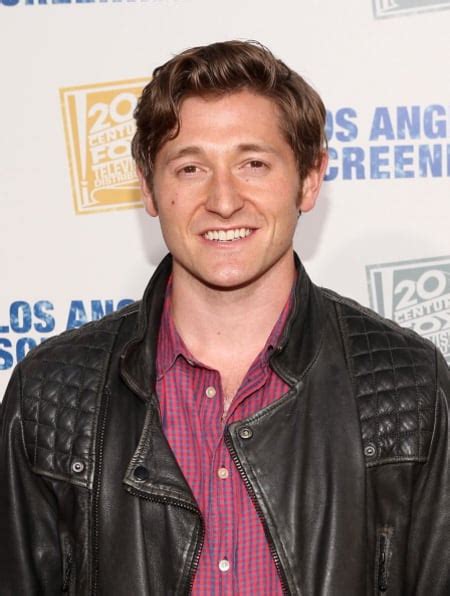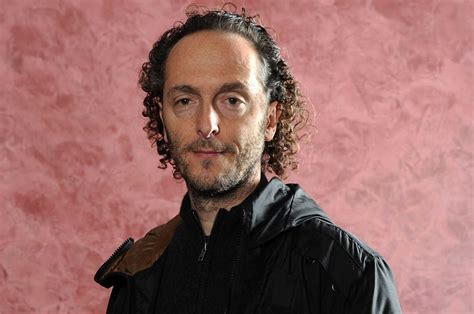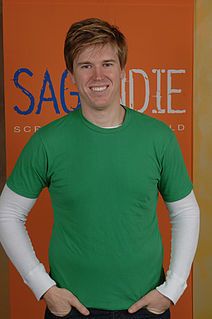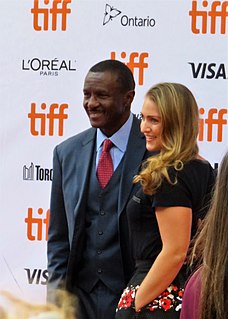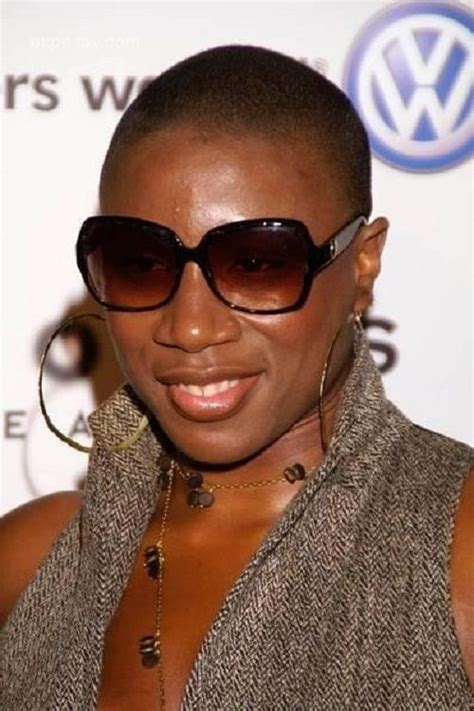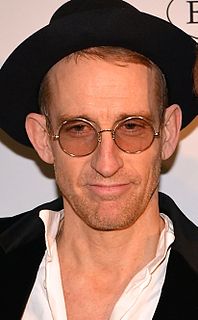Top 1200 Narrative Quotes & Sayings - Page 18
Explore popular Narrative quotes.
Last updated on November 10, 2024.
I've always been fascinated by dreams - they seem like such intriguing evidence of the brain's obsession with narrative as a form of sense-making. But because dreaming is an unconscious process, we have little control over the stories we tell, so they can be fraught with anxiety, vulnerability, and exposure.
Sandeep Jauhar’s Doctored is a passionate and necessary book that asks difficult questions about the future of medicine. The narrative is gripping, and the writing is marvelous. But it was the gravity of the problem—so movingly told—that grabbed and kept my attention throughout this remarkable work.
The genre of narrative business books that I love so much - the ones that have a you-are-there quality - was invented, or so it is said, in 1982 by David McClintick, who wrote 'Indecent Exposure,' a rollicking good read about a Hollywood scandal and the ultimate boardroom power struggle at Columbia Pictures.
